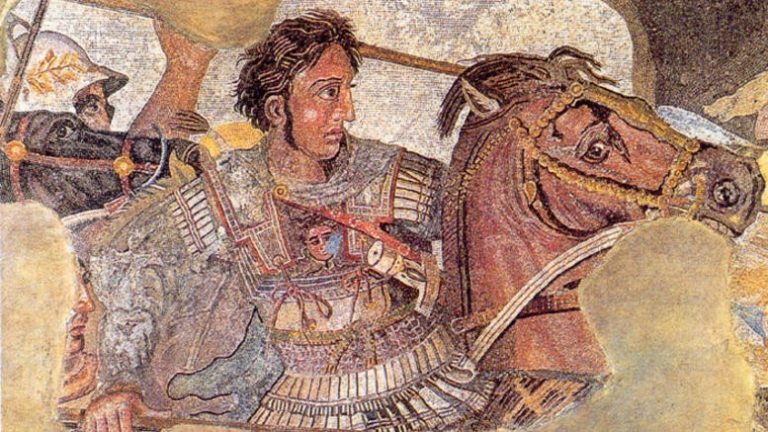It may have occurred over 2300 years ago, but the mystery of the death of Alexander the Great death still captures the imagination of scientists and history buffs.
One academic, however, has proposed a new explanation which could finally solve the eons-long question.
Dr Katherine Hall, a Senior Lecturer at the Dunedin School of Medicine at the University of Otago, New Zealand and practising clinician, believes the ancient ruler did not die from infection, alcoholism or murder, as others have claimed. Instead, she argues he met his demise thanks to the neurological disorder Guillain-Barré Syndrome (GBS).
In an article published in The Ancient History Bulletin, she says previous theories around his death in 323BC have not been satisfactory as they have not explained the entire event.
“In particular, none have provided an all-encompassing answer which gives a plausible and feasible explanation for a fact recorded by one source – Alexander’s body failed to show any signs of decomposition for six days after his death.
“The Ancient Greeks thought that this proved that Alexander was a god; this article is the first to provide a real-world answer,” Dr Hall says.
Along with the reported delay in decay, the 32-year-old was said to have developed a fever; abdominal pain; a progressive, symmetrical, ascending paralysis; and remained compos mentis until just before his death.
Dr Hall believes a diagnosis of GBS, contracted from a Campylobacter pylori infection (common at the time and a frequent cause for GBS), stands the test of scholarly rigour, from both Classical and medical perspectives.
Most arguments around Alexander’s cause of death focus on his fever and abdominal pain. However, Dr Hall says the description of him remaining of sound mind receives barely any attention.
She believes he contracted an acute motor axonal neuropathy variant of GBS which produced paralysis but without confusion or unconsciousness.
more at eurekalert.org
Ask me anything
Explore related questions





